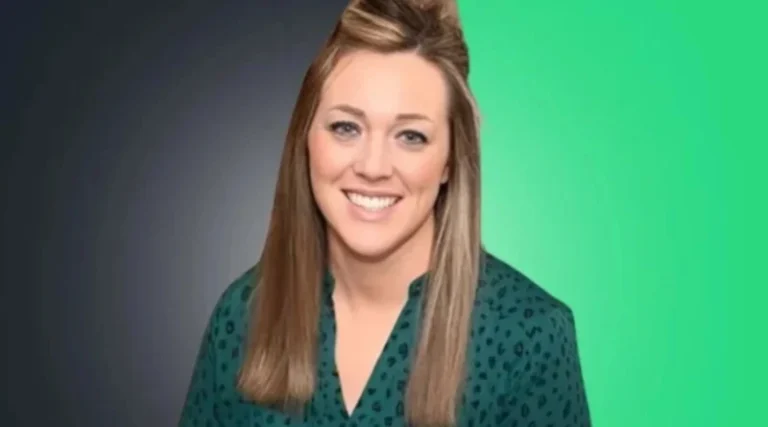Zola Hospice Fraud Case: A Comprehensive Analysis
Introduction to the Zola Hospice Fraud Investigation
The healthcare industry was shaken by revelations of the Zola Hospice fraud case, which emerged as one of the significant instances of healthcare fraud in California. The case, involving CAM Specialty Lending 1 Ltd. of the Cayman Islands and Zola Hospice LLC, highlighted serious concerns about fraudulent practices in hospice care services. This comprehensive investigation revealed a complex web of financial misrepresentation and fraudulent billing practices that ultimately led to legal proceedings at the Superior Court of the State of California, Los Angeles County.
Background of Zola Hospice Operations
Corporate Structure and Management
Zola Hospice LLC operated as a healthcare provider specializing in end-of-life care services. The organization’s key figures included Darline Singh and Kamilla Distefano, who played pivotal roles in its operations. The company’s structure and management came under scrutiny when irregularities in their financial dealings were discovered, particularly in their relationship with E&E Hospice Inc.
Service Areas and Patient Care Model
- Geographic coverage across California
- Range of hospice care services offered
- Staffing structure and patient care protocols
- Integration with other healthcare providers
The $3M Factoring Fraud Scheme
Understanding the Fraudulent Activities
The core of the Zola Hospice fraud centered around a $3 million factoring fraud scheme. As noted by quellpress, this complex financial manipulation involved:
- Misrepresentation of financial statements
- False billing documentation
- Manipulation of patient records
- Fraudulent insurance claims
Legal Proceedings and Complaint Details
The legal complaint filed by CAM Specialty Lending 1 Ltd. outlined specific allegations of fraudulent practices, including:
- Systematic financial misrepresentation
- False documentation of services
- Violation of lending agreements
- Breach of fiduciary duties
Impact on Stakeholders
Effects on Patients and Families
- Compromised quality of care
- Financial implications for families
- Trust issues in hospice care services
- Disruption of care continuity
Industry-Wide Repercussions
The Zola Hospice fraud case had significant implications for the broader healthcare industry:
- Increased scrutiny of hospice operations
- Enhanced regulatory oversight
- Changes in lending practices
- Reform in healthcare financing
Investigation Process and Findings
Key Evidence Uncovered
- Financial document discrepancies
- Irregular billing patterns
- Inconsistent patient records
- Suspicious banking transactions
Regulatory Response
The case prompted immediate action from regulatory bodies:
- Audit requirements strengthening
- Enhanced compliance monitoring
- New reporting guidelines
- Increased oversight measures
Prevention Strategies and Industry Safeguards
Enhanced Due Diligence Measures
- Stricter financial monitoring systems
- Regular compliance audits
- Improved documentation requirements
- Enhanced staff training programs
Industry Best Practices
The case led to the development of new best practices:
- Transparent financial reporting
- Regular third-party audits
- Enhanced patient record systems
- Improved communication protocols
Legal Implications and Precedents
Court Proceedings and Outcomes
The legal proceedings in the Superior Court of California established important precedents:
- Definition of factoring fraud
- Liability determination
- Penalty frameworks
- Regulatory compliance requirements
Regulatory Framework Changes
- New compliance guidelines
- Enhanced reporting requirements
- Strengthened oversight mechanisms
- Updated industry standards
Recovery and Rehabilitation Efforts
Financial Restructuring
- Asset recovery procedures
- Debt restructuring plans
- Operational reorganization
- Financial controls implementation
Organizational Reforms
- Management restructuring
- Compliance program development
- Staff training initiatives
- Quality control improvements
Key Takeaways from the Zola Hospice Fraud Case
- Importance of financial transparency
- Need for robust compliance systems
- Value of regular audits
- Significance of proper documentation
- Role of regulatory oversight
Future Implications for Healthcare Industry
Policy Changes and Reforms
- Enhanced regulatory frameworks
- Stricter lending requirements
- Improved oversight mechanisms
- Updated compliance standards
Industry Adaptation and Evolution
- Technology integration
- Enhanced monitoring systems
- Improved verification processes
- Strengthened internal controls
FAQ Section
Q: What was the primary nature of the Zola Hospice fraud?
A: The fraud primarily involved a $3 million factoring scheme with misrepresented financial statements and fraudulent billing practices.
Q: Who were the key parties involved in the case?
A: The main parties included CAM Specialty Lending 1 Ltd., Zola Hospice LLC, Darline Singh, Kamilla Distefano, and E&E Hospice Inc.
Q: What legal actions were taken?
A: A complaint was filed at the Superior Court of the State of California, County of Los Angeles, alleging various fraudulent practices.
Q: How did this case impact the hospice care industry?
A: The case led to increased regulatory oversight, enhanced compliance requirements, and improved industry standards.
Conclusion
The Zola Hospice fraud case serves as a significant reminder of the importance of maintaining integrity in healthcare operations. Its impact has led to substantial improvements in industry practices, regulatory oversight, and compliance standards. The case continues to influence policy-making and operational procedures in the healthcare sector, particularly in hospice care services. The lessons learned have contributed to creating more robust systems for preventing similar fraudulent activities in the future.
Through these developments and continued vigilance, the healthcare industry is better equipped to prevent and detect fraudulent activities, ensuring better protection for patients and stakeholders alike. The case stands as a testament to the importance of maintaining high ethical standards and proper financial practices in healthcare operations.






